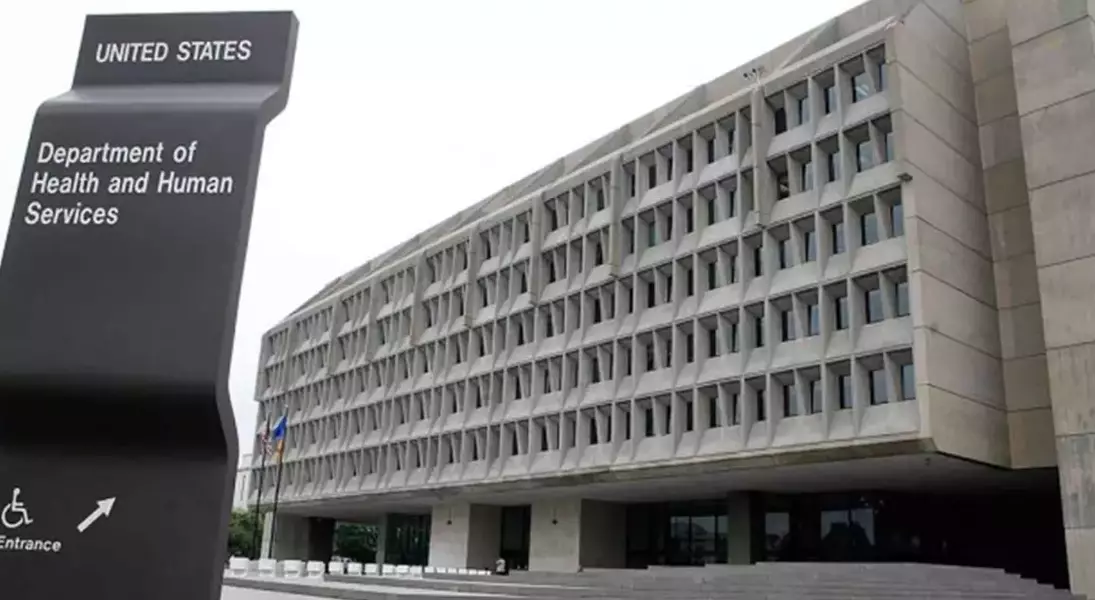
The U.S. Department of Health and Human Services (HHS) has recently released a comprehensive strategic plan aimed at integrating artificial intelligence (AI) into various aspects of healthcare and human services. This initiative seeks to enhance the quality, safety, efficiency, accessibility, equitability, and outcomes through innovative, safe, and responsible AI usage. The plan focuses on four key areas: catalyzing health AI innovation, promoting trustworthy AI development, democratizing AI technologies, and cultivating AI-empowered workforces.
Details of the HHS AI Strategic Plan
In the vibrant landscape of modern healthcare, the autumn season brings forth a significant development with the unveiling of the HHS Artificial Intelligence Strategic Plan. This document, spanning nearly 200 pages, outlines a vision where AI can unlock new possibilities to improve lives across public health, care delivery, and medical research. The strategy emphasizes fostering an environment where AI innovations can thrive while ensuring ethical standards are met.
One of the central objectives is to accelerate scientific breakthroughs that could extend life expectancy and enhance quality of life. Additionally, the plan envisions using AI as part of medical products or in developing such products to boost safety and effectiveness. It also aims to improve clinical outcomes by introducing innovative methods in healthcare delivery, thereby enhancing patient safety.
To achieve these goals, HHS plans to democratize access to AI technologies and resources, particularly for underserved populations like rural communities and individuals with disabilities. The agency will collaborate with various stakeholders, including the NIH’s Artificial Intelligence/Machine Learning Consortium, to standardize research data and promote public-private partnerships. Furthermore, HHS intends to address potential risks associated with AI use, such as biosecurity, privacy, and bias, by establishing national guidelines and creating secure environments for industry collaboration.
The long-term vision includes building robust talent pipelines and organizational cultures that support the safe adoption of AI in medical research and discovery. Initiatives like NIH’s Data and Technology Advancement National Service Scholar Program aim to develop internal talent and provide apprenticeship opportunities focused on AI in healthcare.
Implications and Reflections
From a journalist's perspective, this strategic plan marks a pivotal moment in the intersection of technology and healthcare. The emphasis on responsible AI development and equitable access highlights a commitment to ensuring that technological advancements benefit all segments of society. By prioritizing transparency, safety, and inclusivity, HHS sets a benchmark for how AI can be harnessed to drive positive change in healthcare and human services. Early endorsements from organizations like Premier Inc. indicate a growing consensus on the transformative potential of AI in addressing critical challenges within the healthcare sector.
